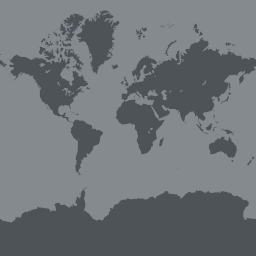The private sector collects significant amounts of biodiversity data through assessments and compliance reports, but much of this information remains publicly inaccessible. Open disclosure of this data is encouraged for certification, transparency and reputational purposes, but there are currently gaps in the awareness and skills within the sector to mobilize open biodiversity data, and limited capacity of GBIF nodes to support the process.
This issue was recognized at the GBIF Africa Regional Nodes Meeting in Harare (November 2024), which inspired this project that seeks to strengthen the capacity of nodes and corporate partners to mobilize biodiversity data and promote its use in decision-making. The project is led by the GBIF node in Zimbabwe, and involves nodes in Malawi and the Endangered Wildlife Trust (EWT) in South Africa. As part of this initiative, each node will develop a sustainability plan to ensure on-going private sector engagement, supported by digital collaboration and networking, and mentorship by GBIF nodes in Colombia (SiB Colombia) and the Netherlands (NLBIF).
This project aligns with the GBIF Work Programme 2025 and the 2025 Nodes Implementation Plan and supports Targets 15 and 21 of the Kunming-Montreal Global Biodiversity Framework by advancing data transparency and accessibility.

